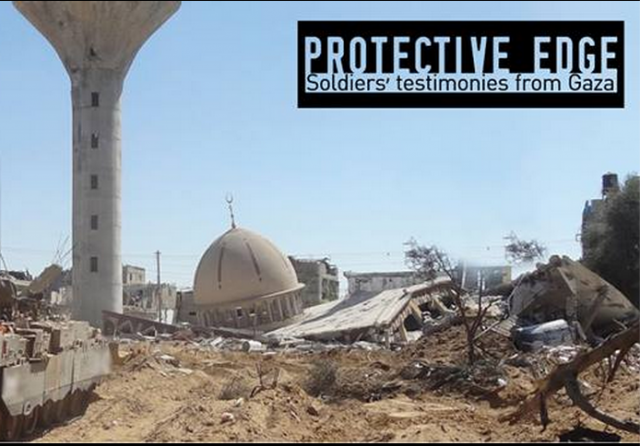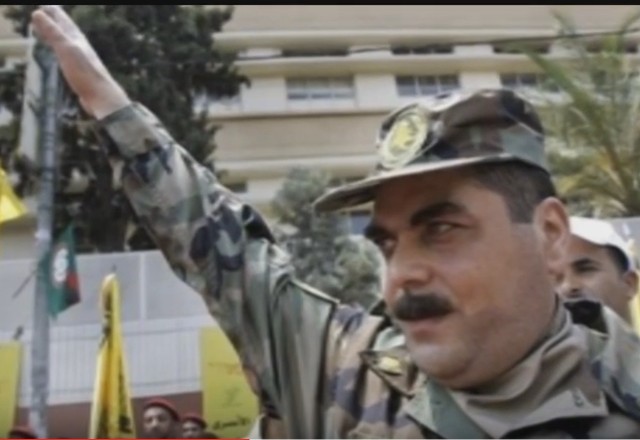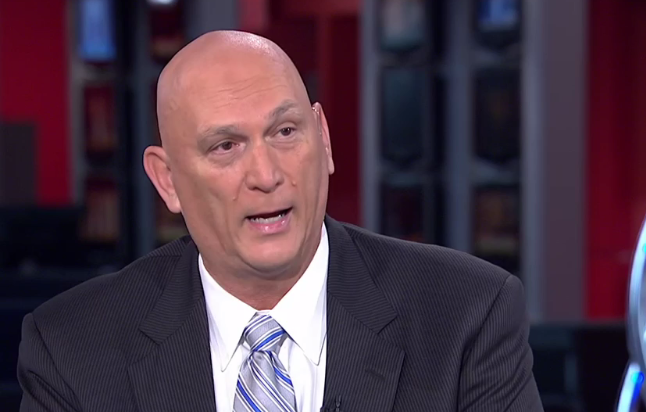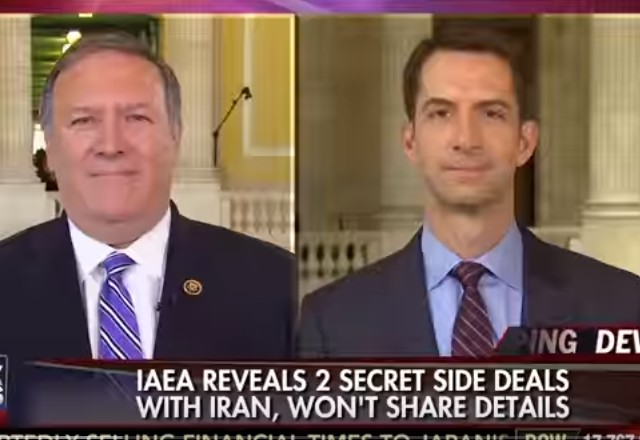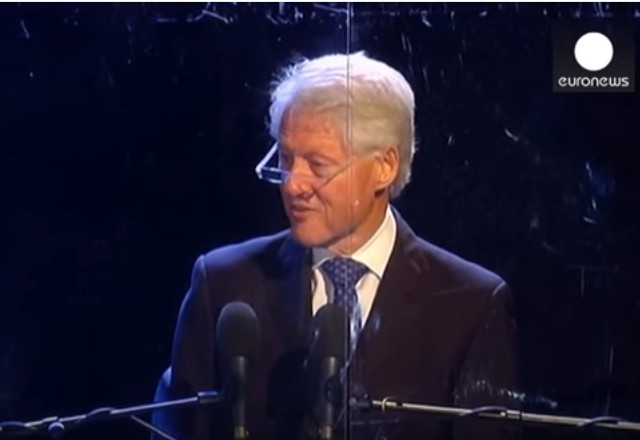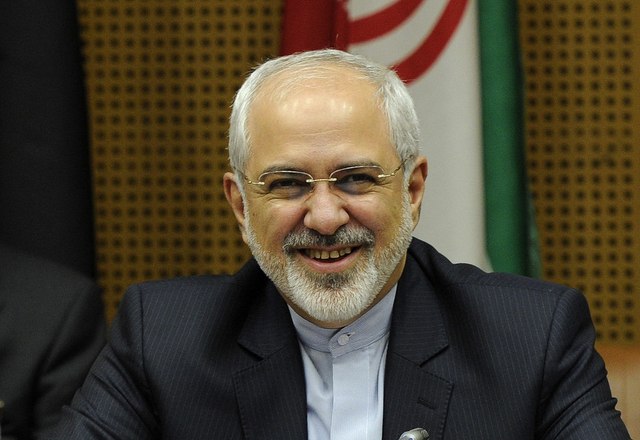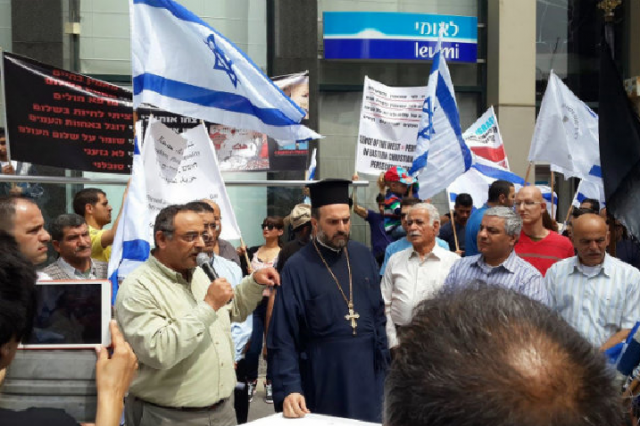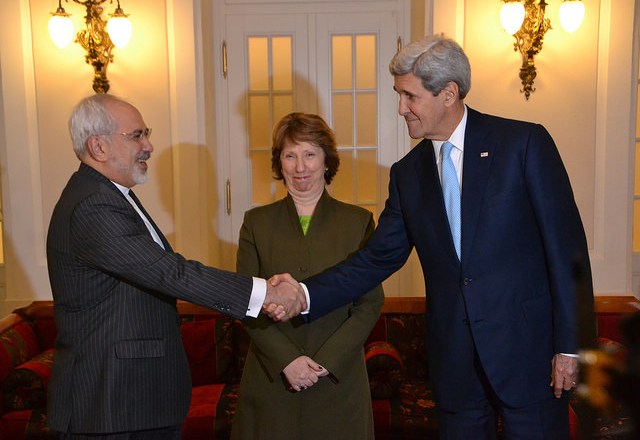BDS’s Economic Impact Isn’t The Point
on December 30, 2015
2 Comments
A recent article from Adrienne Yaron has an important kernel of truth surrounded by a myriad of analytical errors and false conclusions. The central point that BDS is a cover for defamation of Israel and development of a critical mass of anti-Israel and anti-Jewish hatred on false pretenses is sound. The suggestions that BDS is incapable of having an economic impact and that BDS should therefore be mocked rather than substantively opposed is not.
Yaron's core and accurate observation is that BDS's economic arguments are a vehicle for simple malice:
The real goal and purpose of BDS is to defame Israel, and attempt to discredit it in the eyes of foreign observers, in order to exert political pressure. BDS demonstrations are an opportunity for them to spew antisemitic vitriol and express their vicious hatred of the Jewish state. BDS’ [sic] only real power is in propagating its hateful ideology.This is absolutely true, with ample evidence from BDS supporters' anti-Jewish and anti-Israel deceptions and violence, and the overlap between BDS and actual or implicit support for terrorism.


